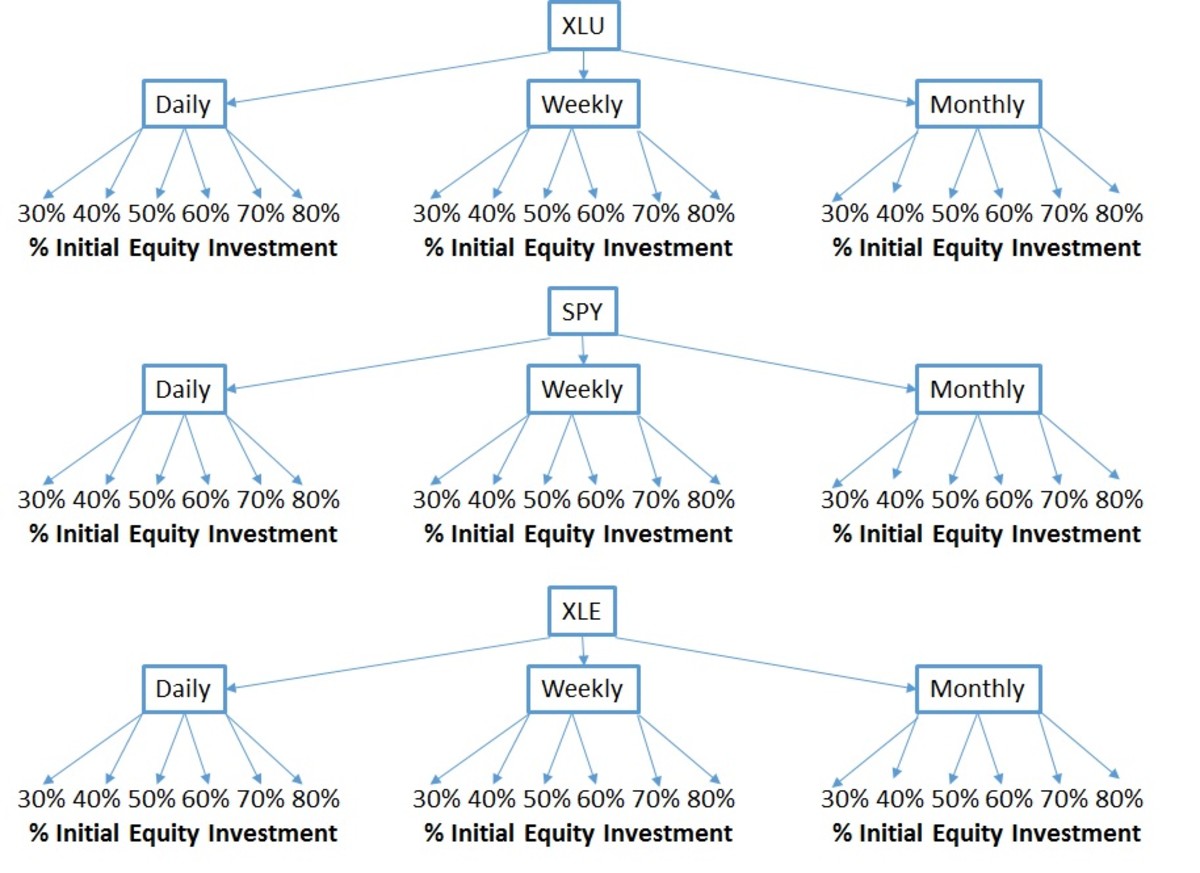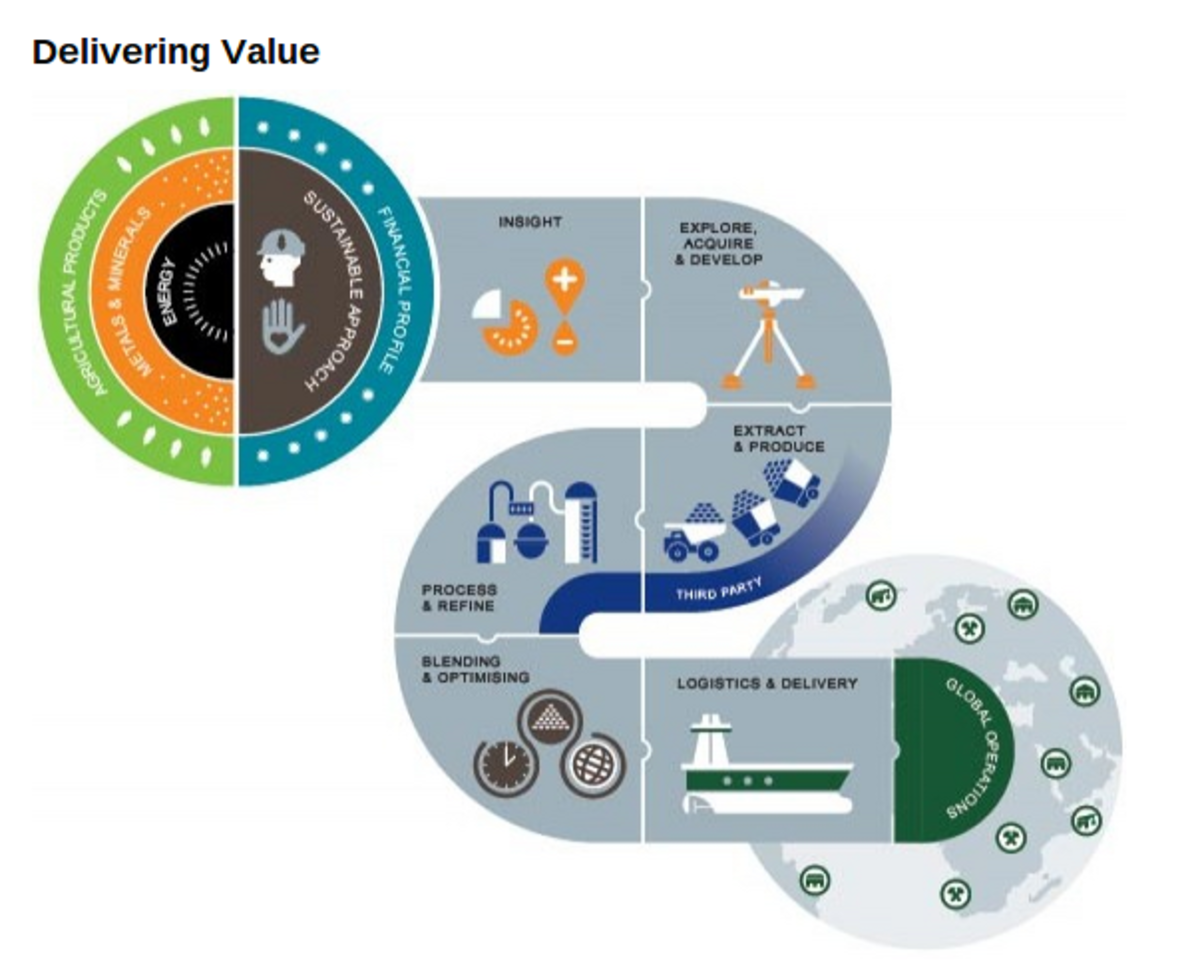Managed Futures: An Alternative Investment Strategy

Managed Futures
The core principles of applying investing to a sound financial plan have for more than a half of a century revolved around the work of Harry Markowitz, and the foundation he outlined for Modern Portfolio Theory (MPT). Yet, in recent decades we have seen that as the world has become more greatly interconnected at an economic level, portfolio correlations have also increased. This is particularly true in period of great economic stress. This has led to somewhat of an over dependence on MPT in financial planning. The increase in correlations has created greater demand for more alternative asset classes to help lower correlations and reduce portfolio volatility. Yet, this is easier said than done. Many asset classes defined as “alternatives” do not necessarily offer the lower correlations during the most stressful periods.
One of the areas that for some time has served as a potential hedge against portfolio volatility is the futures market. The futures market allows investors to take long and short positions in futures contracts on various assets including…equity, commodity, fixed income, and currency holdings. Futures are similar to options contracts, but not identical. As one such example, in the futures market both parties to the contract must actually deliver the underlying asset on delivery date. In the options market this is not necessarily the case. This can be problematic for the average investor to engage in, as most investors are not capable of, nor do they wish to deliver a crop of wheat on delivery date.
The futures market does allow for professional management through what is known as a Commodity Trading Advisor (CTA). CTA’s are regulated by Commodity Futures Trading Association (CFTC). CTA’s can manage money for individuals, or other professional money managers who do not offer such expertise, but wish to hedge their client portfolios. More recently they have been utilized through mutual funds for the average investor wishing to participate in the managed futures market.
The single biggest benefit associated with managed futures is the lowest demonstrated correlation to the broad equity markets during periods of extreme stress, such as the swift market decline of 2008. According to Callan Associates http://www.callan.com/, the managed futures market posted a positive 13.60% return in 2008, compared to a -37% on the S&P 500 index.
Similar to other alternative asset classes such as Long/Short equity funds, Managed Futures have the ability to take positions across the marketplace which can be bullish, bearish or neutral. Yet because of the time value involved in the underlying contracts, Managed Futures tend to do best in periods where more clearly identifiable trends can be found. Trends in the futures market can exist over a period of years, months or even intraday. Typically a CTA has an expertise in a specific type of asset and a specific trading strategy. Yet in recent years since the 2008 crisis, there has been a great deal of government intervention in the marketplace, particularly by the Federal Reserve Bank. This intervention inevitably has the effect of distorting markets and making it much harder to identify trends. Not surprisingly, this has resulted in returns that are substantially lower than the broad markets since the 2008/2009 crisis. Yet, if one believes that the central bank will begin to limit its involvement in the marketplace, this may create more opportunity in the Managed Futures marketplace.
While Managed Futures have demonstrated a low correlation to the broad market, that does not mean they are not volatile. Due to the inherent potential for volatility of such an asset class, it’s important to look for an experienced CTA. Searching for a CTA may not be easy. There are many, just as there are many mutual funds which focus on different strategies. As a method to minimize risk, we tend to look for a multi manager approach that applies various strategies. In doing so we believe this has the ability to further reduce extreme mistakes to the downside, yet also reduces the possibility of hitting the proverbial investment “homerun”. However, hitting “homeruns” should not be the ultimate objective of utilizing such a strategy. It should be to reduce volatility, without sacrificing significant long term investment returns. That should be the overall general objective of utilizing any form of alternative asset classes.
One negative to utilizing such a strategy is that expenses are high, whether you employ a CTA directly or utilize a mutual fund as a resource. Expenses in general tend to be higher in all forms of alternative assets. Ultimately, due to both expenses and the negative correlation...this strategy should be applied in relatively small proportion to the average investors account. However, when you apply a Managed Futures approach along with other alternative asset classes as a method to supplement a traditional MPT asset allocation, the data suggests you greatly increase the chances that your overall portfolio volatility will decline markedly, without sacrificing a substantial amount of portfolio performance.
Suggested Reading
- Bonds vs Bond Funds ???
While over the years the community of investment professionals nearly universally agree that most every client should own some form and percentage of fixed income as part of their asset allocation strategy…Over the years there has been an ongoing... - The Case for Alternative Investment Strategies
One of the lessons of 2008, and even the more recent market volatility is that portfolio management has become more dynamic. Traditional asset allocation models of equities, fixed income, and cash equivalents may not be sufficient for more growth... - 2013 Tax Options For The Small Business Owner
As the 2012 elections are completed, it is now highly likely that income taxes are headed higher on higher earners. A majority of such high earners are self-employed individuals who are organized as either S-Corps, LLC’s and even sole proprietors.... - Should We Return To The Gold Standard ???
The discussion of monetary policy is a complicated one with many aspects that are often misunderstood by the general public. The discussion of the Gold Standard in recent years has been brought back to the forefront by some in American politics,... - Preparing For The Tax Law Changes In 2013
The topic of taxes is always one which is greatly debated from both a political as well as an economic perspective. Regardless of one’s political persuasion on such issues, one constant always remains the same. We each do all that we can to avoid... - How Government Programs Increase Costs
Many of us look at the cost of things we need to buy and often get frustrated with how expensive certain aspects of the cost of living have increased. Yet often we really don’t take the time to try and understand the root cause of exactly why... - Understanding Medicare Benefits
Health care is an area of major political and economic debate, and many of these laws may be substantially altered in light of potential legislative changes, coupled with the enormous fiscal challenges the current programs like Medicare & Medicai - How to Understand Floating Rate Notes
In recent years we have seen unprecedented actions by global central banks to influence economic events and create monetary stimulus. Here in the Unites States, the Federal Reserve has held interest rates well below historical norms through... - Understanding The Long/Short Strategy
The single most important factor in a successful long term asset allocation investment strategy is the ability to maintain a low correlation between asset classes. In order for the notion of an asset allocation to work, a portfolio must be actively.. - The Benefits of Master Limited Partnerships
A Master Limited Partnership (MLP) is a partnership which has the ability to trade on a public securities exchange. There are two core components which are the Limited Partner and the General Partner. The Limited partner is the investor who puts up..









